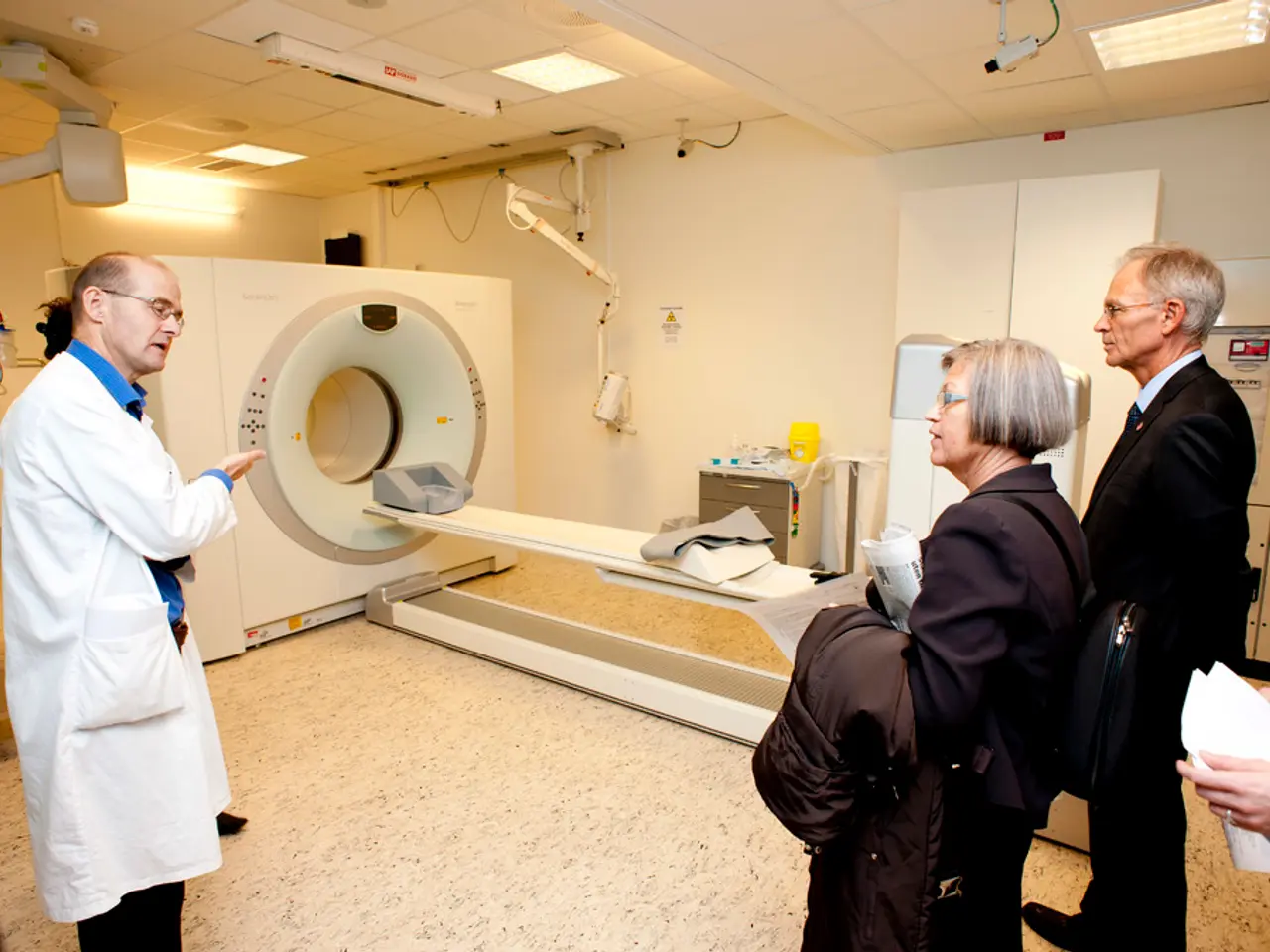NHS Patients Now Eligible for Innovative Sickle Cell Treatment for the First Time
Groundbreaking Gene Therapy Approved for Severe Sickle Cell Disease
A revolutionary treatment, Casgevy (exagamglogene autotemcel or exa-cel), has been approved for use on the NHS for patients aged 12 and older with severe sickle cell disease (SCD). This innovative gene therapy, which uses autologous hematopoietic stem cells edited via CRISPR/Cas9 technology, offers a potential cure for the painful and debilitating symptoms of SCD.
Casgevy works by extracting a patient’s own stem cells (CD34+ hematopoietic stem and progenitor cells) and precisely editing the DNA at the erythroid-specific enhancer region of the BCL11A gene using CRISPR/Cas9. The gene editing disrupts the binding site of the transcription factor GATA1, which normally activates BCL11A expression. Reduction of BCL11A results in increased expression of γ-globin, a component of fetal hemoglobin (HbF). Elevated HbF replaces or reduces the abnormal sickle hemoglobin (HbS) inside red blood cells, preventing them from sickling and improving disease symptoms.
Clinical trials have shown that Casgevy results in sustained HbF elevation, elimination of vaso-occlusive crises, transfusion independence, and stable engraftment without graft rejection or failure. Key points about Casgevy include:
- It is the first approved ex vivo CRISPR gene-editing therapy for sickle cell disease.
- Genomic editing targets the BCL11A enhancer in erythroid cells, boosting HbF production to counteract HbS pathology.
- Clinical outcomes include high rates of patients free from severe vaso-occlusive crises and independence from transfusions.
- Side effects from treatment are consistent with stem cell transplantation and include low blood counts, nausea, mouth sores, and febrile neutropenia, among others.
- The therapy marks a significant advance as a potentially curative approach addressing the root genetic cause of severe SCD, with long-term durable benefits demonstrated in trials.
University student Funmi Dasaolu, who has battled chronic fatigue and pain due to sickle cell disorder, welcomed the approval of exa-cel with gratitude and optimism. The treatment, worth £1.65 million, could have a positive impact on individuals with SCD, according to NHS England chief executive Amanda Pritchard.
At present, stem or bone marrow transplants offer the only cure for SCD, but are infrequently performed due to associated risks. Casgevy is an option when a stem cell transplant is appropriate but a donor is unavailable. NHS officials anticipate that approximately 50 people each year will benefit from this innovative treatment, with the treatment accessible at specialized NHS centers in London, Manchester, and Birmingham.
Sickle cell disease is a group of inherited conditions affecting red blood cells, with sickle cell anaemia being the most severe form. Symptoms of SCD include painful episodes known as sickle cell crises, heightened susceptibility to infections, anaemia, fatigue, and breathlessness. Nearly 98% of patients maintained hospital-free status over 3.5 years during clinical trials.
It is important to note that Casgevy received the Nobel Prize for chemistry in 2020. The approval of exa-cel required further data and a commercial agreement, considering its list price of £1.65 million. The National Institute for Health and Care Excellence (Nice) has given the green light to Casgevy for eligible patients with SCD, potentially impacting around 1,700 individuals.
In summary, Casgevy/exa-cel is a CRISPR-based, autologous stem cell gene therapy for severe sickle cell disease that works by increasing fetal hemoglobin through targeted disruption of BCL11A expression, thereby preventing sickling and improving clinical outcomes. This groundbreaking treatment offers a potential cure for those affected by SCD, providing hope for a healthier, symptom-free life.
- This gene therapy, Casgevy, targets the workplace-wellness of individuals suffering from severe sickle cell disease (SCD), offering a potential cure for the chronic-diseases' debilitating symptoms.
- Funmi Dasaolu, a university student battling SCD, welcomed the approval of Casgevy with gratitude and optimism, as this treatment could significantly improve her health-and-wellness.
- The medical-conditions related to SCD, such as anaemia, fatigue, and breathlessness, could potentially be managed better with this innovative treatment.
- As the first approved ex vivo CRISPR gene-editing therapy for sickle cell disease, Casgevy could revolutionize the therapies-and-treatments available for this condition.
- The potential cure of SCD through Casgevy could benefit individuals' mental-health by alleviating the stress and anxiety associated with managing chronic diseases.
- Skin-care and maintenance could also improve for these individuals as the therapy's success may reduce sickle cell crises, lowering the risk of skin-conditions related to these painful episodes.
- Beyond sickle cell disease, the success of Casgevy and its CRISPR-based approach could spur advancements in skin-care, nutrition, cbd, and other treatments for various medical-conditions and skin-conditions.




